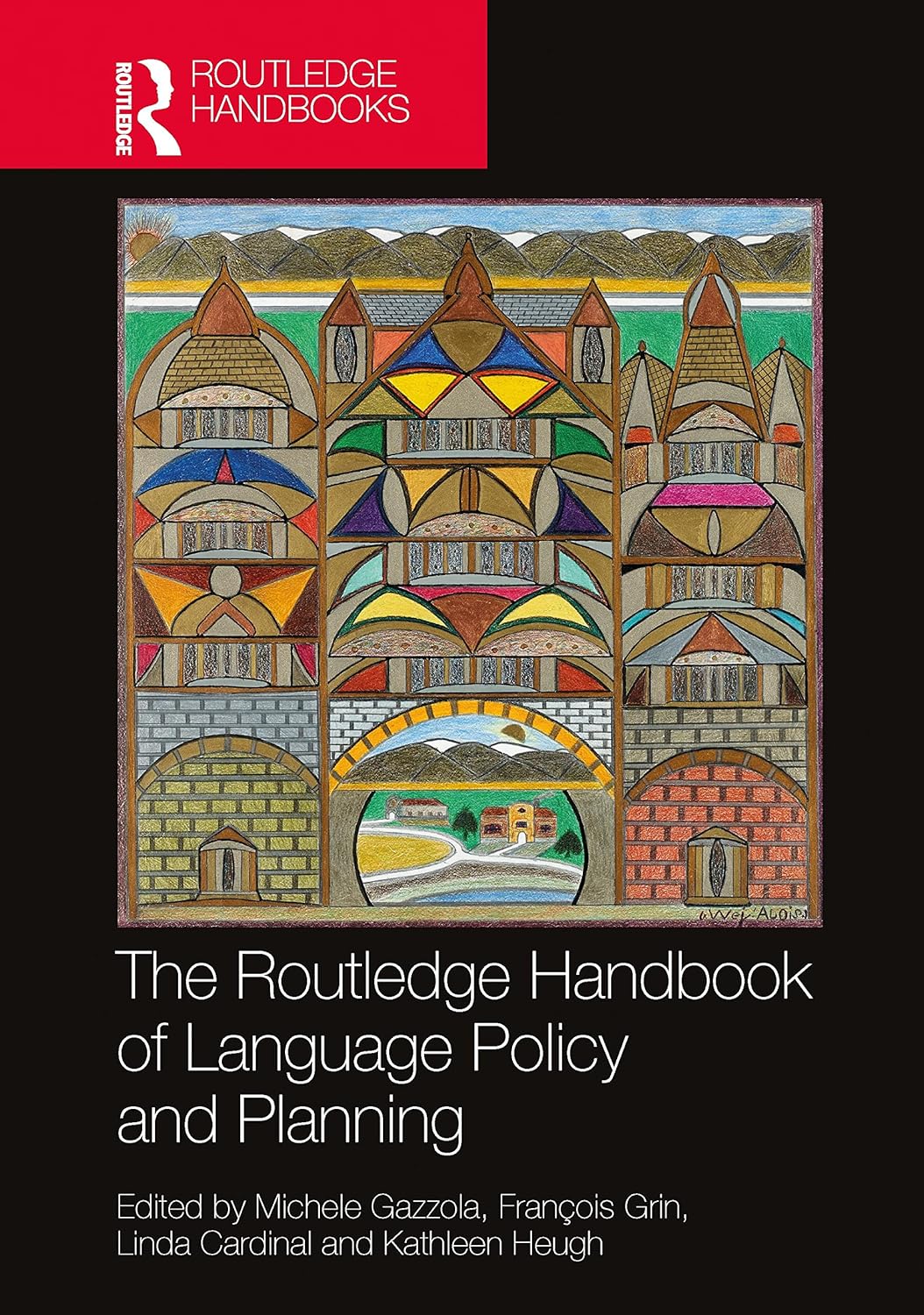

Most ebook files are in PDF format, so you can easily read them using various software such as Foxit Reader or directly on the Google Chrome browser.
Some ebook files are released by publishers in other formats such as .awz, .mobi, .epub, .fb2, etc. You may need to install specific software to read these formats on mobile/PC, such as Calibre.
Please read the tutorial at this link: https://ebookbell.com/faq
We offer FREE conversion to the popular formats you request; however, this may take some time. Therefore, right after payment, please email us, and we will try to provide the service as quickly as possible.
For some exceptional file formats or broken links (if any), please refrain from opening any disputes. Instead, email us first, and we will try to assist within a maximum of 6 hours.
EbookBell Team

4.0
6 reviewsThe Handbook approaches language policy as public policy that can be studied through the policy cycle framework. It offers a systematic and research-informed view of actual processes and methods of design, implementation, and evaluation.
With a substantial introduction, 38 chapters and an extensive bibliography, this Handbook is a resource for all decision makers, students, and researchers of language policy and planning within linguistics and cognate disciplines such as public policy, economics, political science, sociology, and education.
'This fascinating and comprehensive handbook offers an authoritative state of the art overview of language policy and planning, its main features, diverse implementation and associated complications. The editors have skilfully woven a narrative which interprets the five stages of a language policy cycle from an interdisciplinary perspective while the distinguished contributors present a refreshing range of material and approaches drawn from a wide variety of international, largely democratic contexts ranging from the global to the local, together with case study chapters which illustrate the complexity of language policy implementation. This is an excellent resource which will repay consistent and regular reading as much for its insights into the policy process as for its evidence-based interpretations.'
Colin H. Williams, Honorary Professor of Welsh at Cardiff University, UK